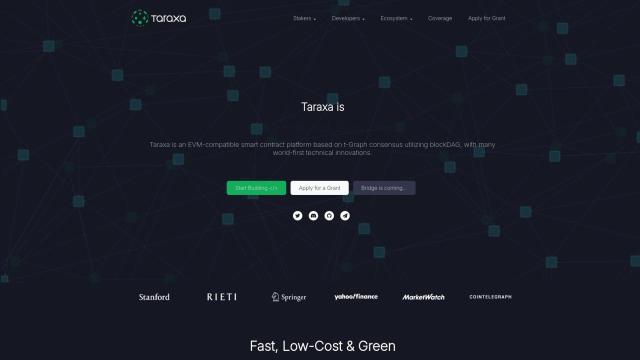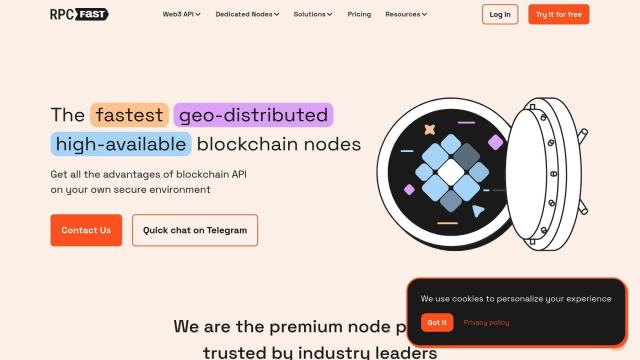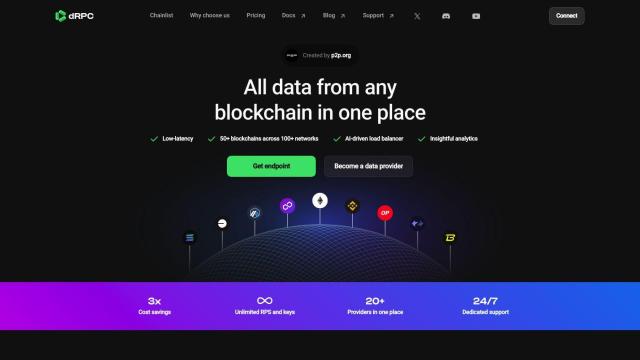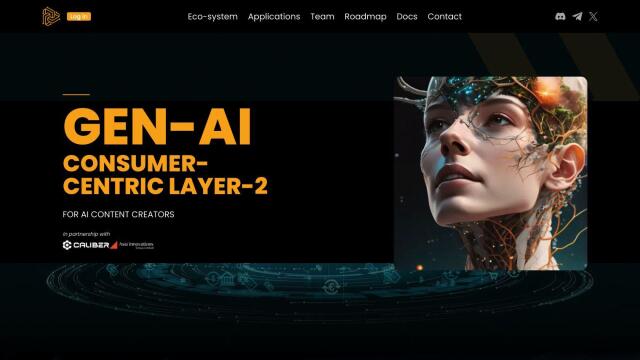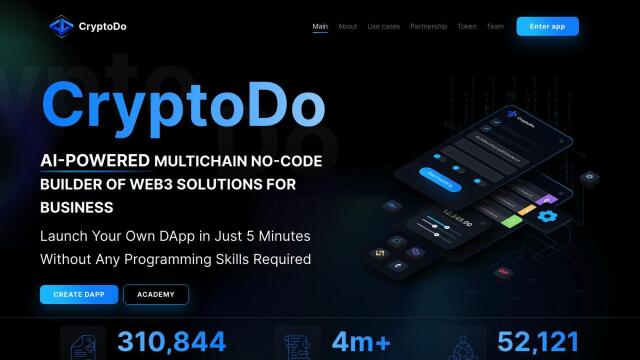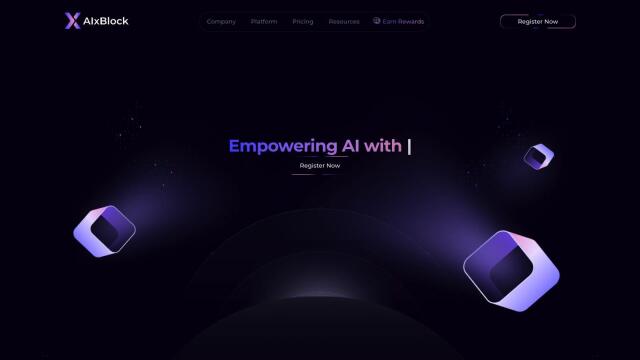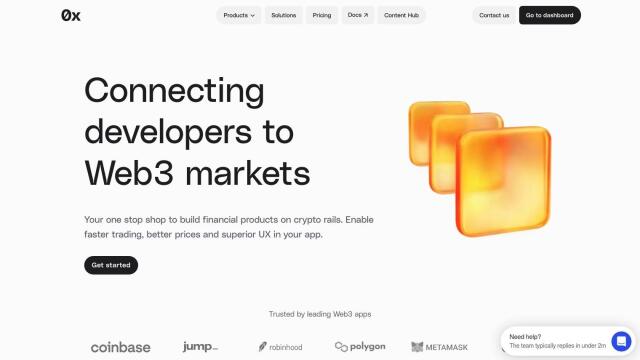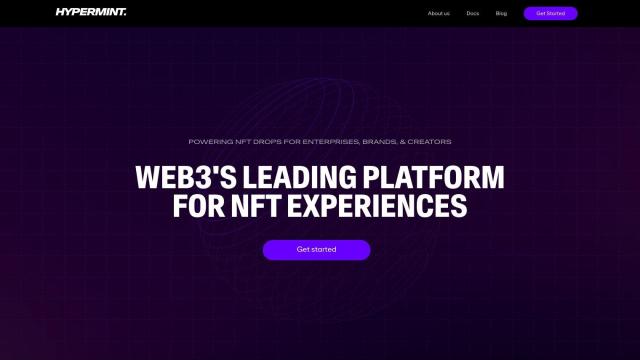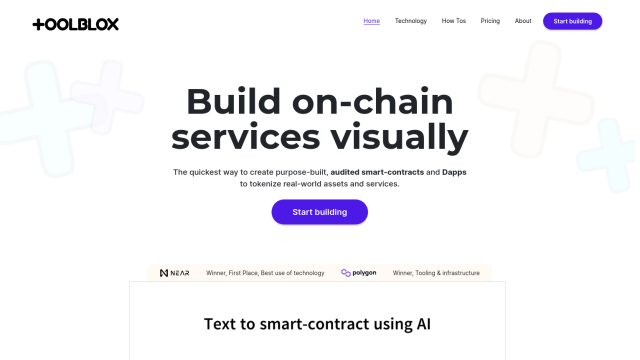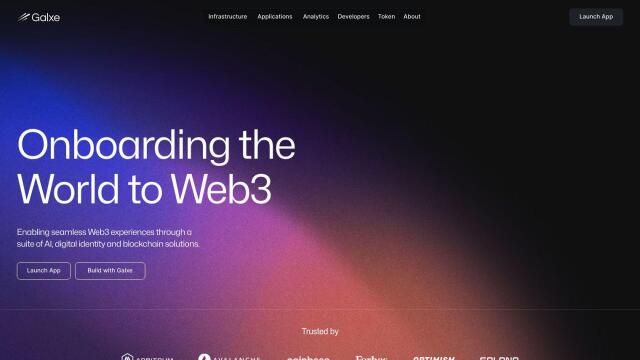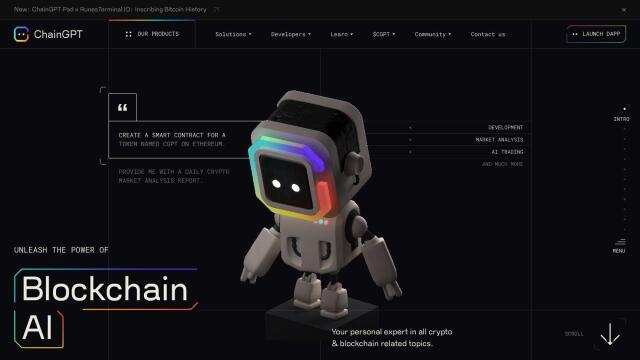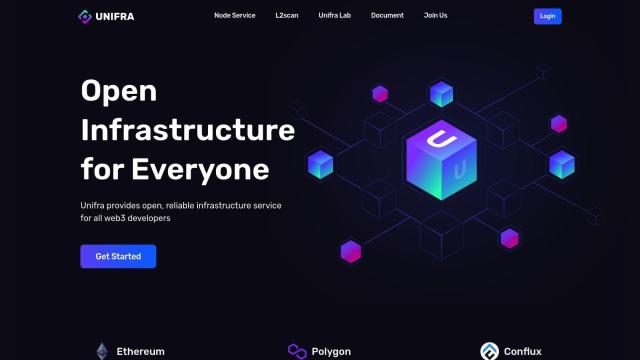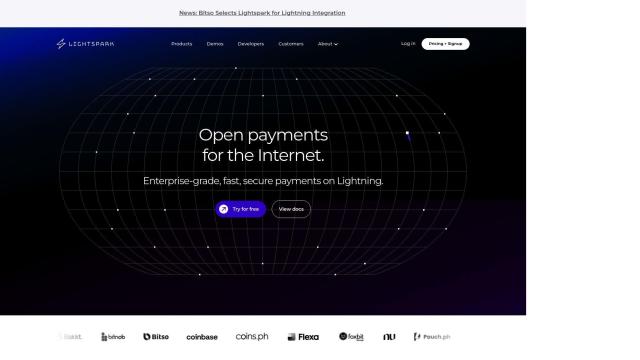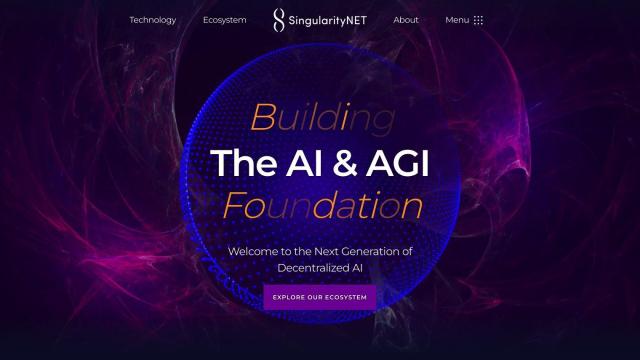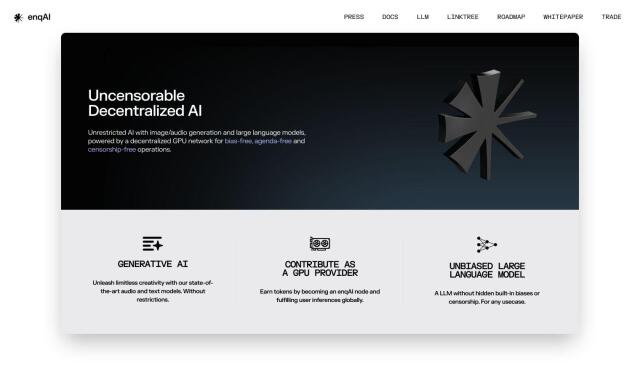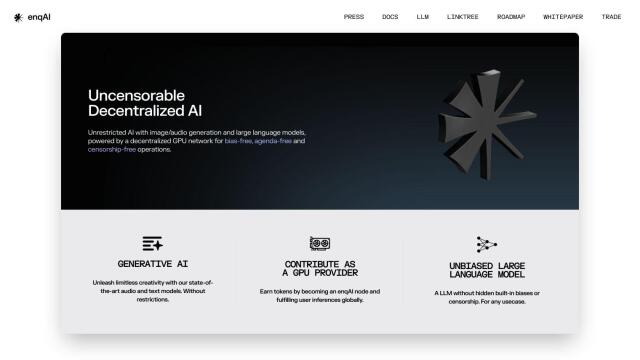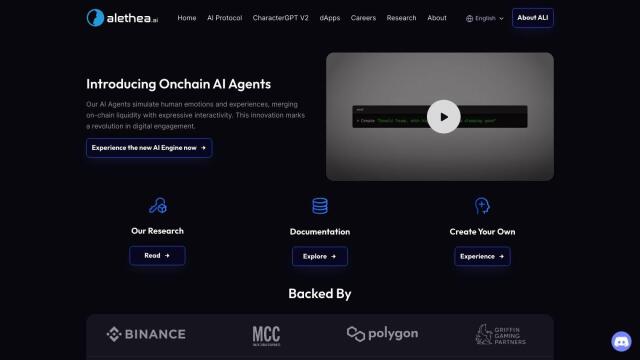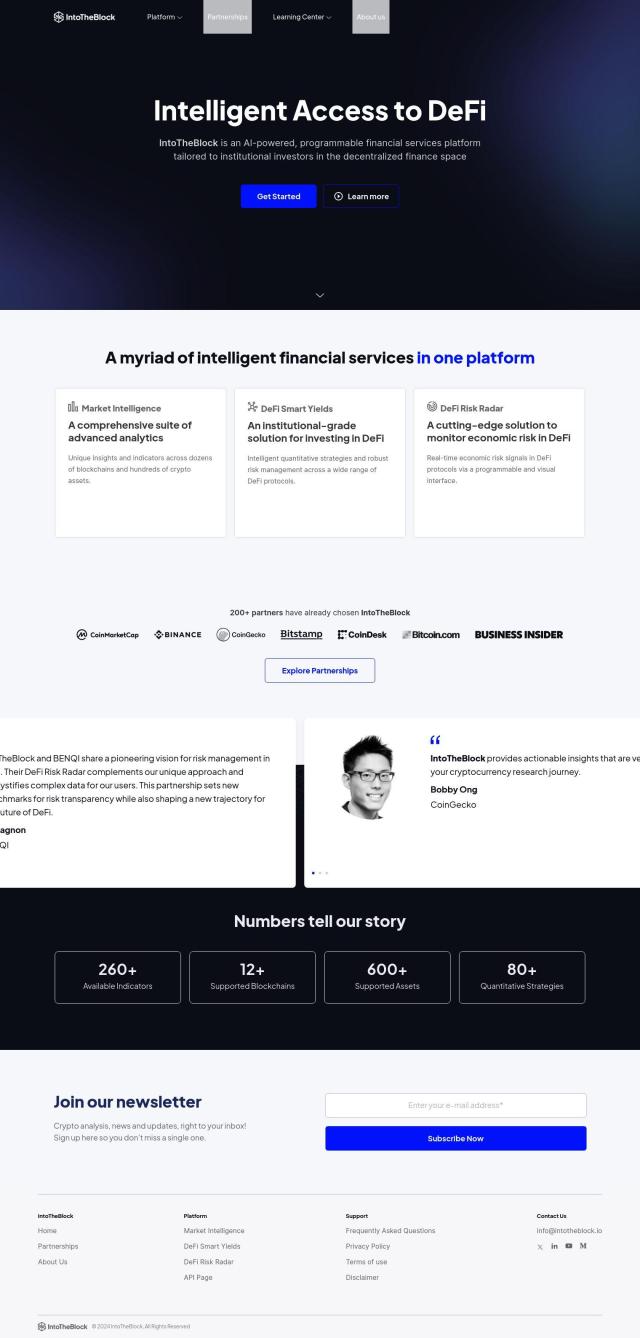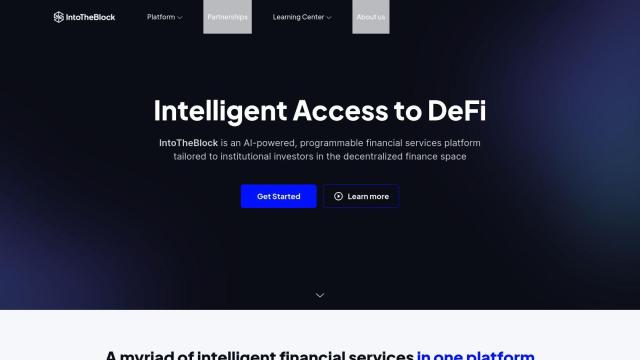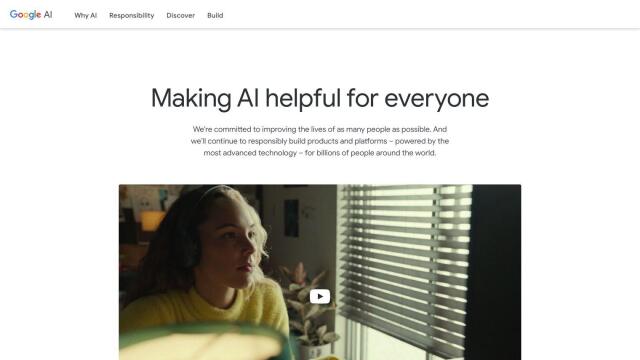
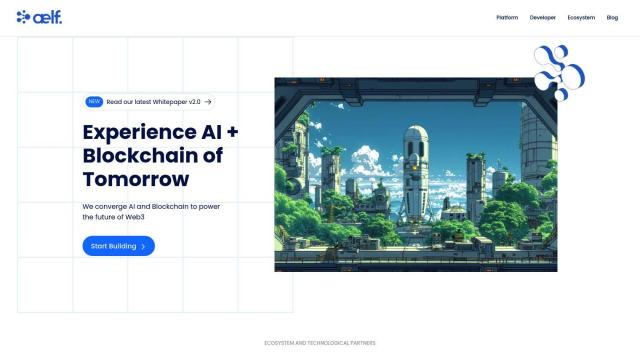
aelf
If you're looking for a Taraxa alternative, aelf is a strong contender. This high-performance Layer 1 AI blockchain is built for scalable infrastructure and cross-chain interactions, offering a secure and stable foundation for Web3 dApp development. With a multi-sidechain architecture, AI-boosted processing and high TPS (up to 35,000 transactions per second per side-chain), aelf can support a high volume of transactions. It also includes a suite of developer tools and documentation.

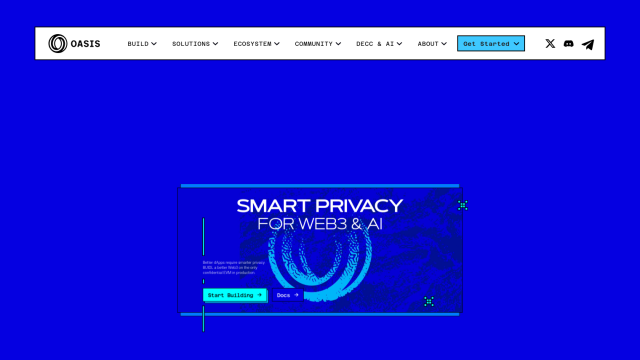
Oasis
Another Taraxa competitor is Oasis, which is designed to enable private decentralized applications (dApps) with its confidential Ethereum Virtual Machine (EVM). The platform offers a range of privacy options from fully private to fully public, and it's well suited for use cases like decentralized AI, DeFi and gaming. Oasis' modular design enables high throughput and low gas fees while also enabling interoperability between different blockchain networks.


Internet Computer
If you're looking for a decentralized, full-stack option, Internet Computer is a sovereign network that can host data, content, computations and user experiences on-chain. It has Chain Fusion Technology for interoperability with other blockchain networks and supports multiple programming languages, so it's a good option for developers. The platform is designed to be cost-effective and resource efficient, so it's good for building decentralized applications.

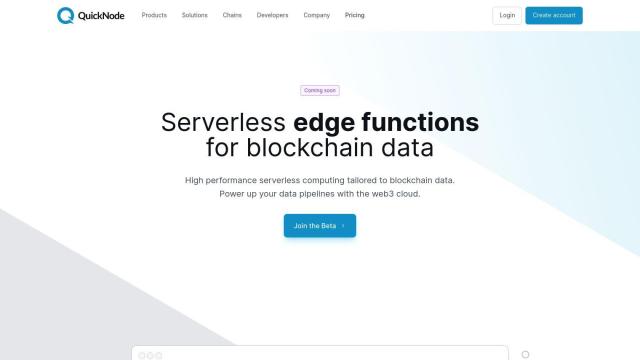
QuickNode
Finally, QuickNode is a powerful platform with high-reliability and security infrastructure. It offers low-latency, high-scale access to major blockchains through RPC & REST APIs, IPFS storage and custom datasets. With features like real-time data streams and custom support options, QuickNode is designed for developers and enterprises that need reliable, high-performance blockchain infrastructure.

